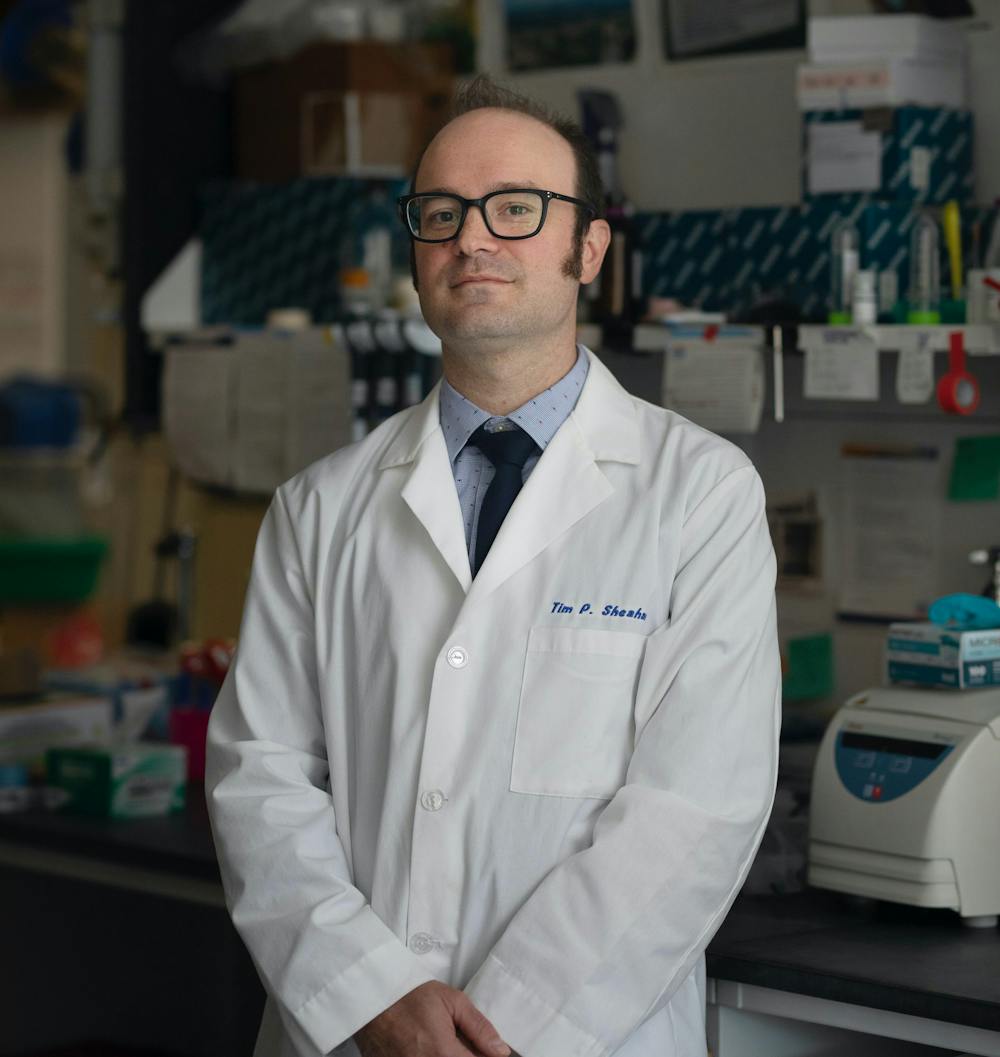Before COVID-19 became a fixture in the world, University researchers had been studying the spread and treatments of coronaviruses for years.
But with their work now in the global spotlight, the pandemic has brought new complexities and changes to the daily work of health care researchers at UNC.
The University has played a major role in studies on causes, treatments and safety practices regarding the virus since spring 2020. Although UNC has always been conducting research on infectious diseases and viruses — even coronaviruses themselves — the outbreak of COVID-19 has fostered a new sense of urgency for health care researchers as the medical community continues to fight the virus.
Timothy Sheahan, an assistant professor in UNC Gillings School of Global Public Health’s department of epidemiology, has been working closely with coronaviruses prior to the pandemic.
Sheahan has spent the last seven years working on the creation of anti-viral drugs that would fight not only the viruses we know — but also those that might emerge in the future.
“This pandemic has been wild, and it’s been the best and the worst at the same time,” Sheahan said. “It’s the best because people like me are able to apply our skills and the things we know how to do to have a direct impact on human health, which is pretty rare for someone who studies viruses in academia. But at the same time, I see the amount of work that we have to do and the pace that we’re expected to do the work in is way different than before.”
Rachel Woodul, a research assistant at Carolina’s Population Center, conducted her master's degree and undergraduate thesis on modeling what could happen if a pandemic like the 1918 Spanish Flu happened today.
Specifically, she looked at whether or not the hospital systems in the Triangle could handle the surges in demand for care.
With the outbreak of COVID-19, she pivoted her research to be focused on coronaviruses instead of influenza.




